- Home
- / CL Answers
- / Do any supplements help prevent or treat a cold?
www.consumerlab.com/answers/do-any-supplements-help-prevent-or-treat-a-cold/supplements-for-colds/
Save to favorites
This feature is restricted to active members.
Join now to save favorites and get all member benefits, including over 1,400 reviews.
Join NowAlready a member? Sign in here.

Our Members Asked:
Do any supplements help prevent or treat a cold?
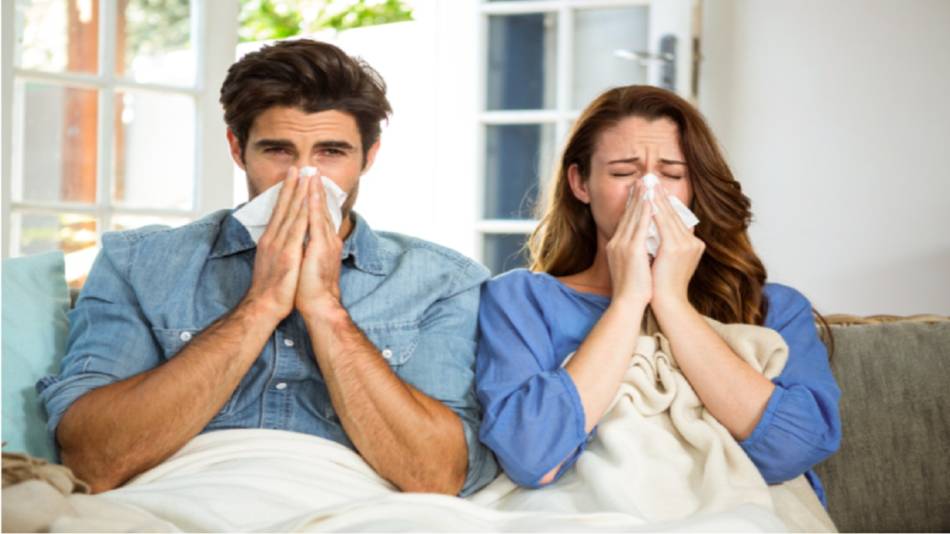
Answer:
Certain supplements can reduce the chance of getting a cold, while others may help reduce the severity of a cold or relieve cold symptoms. Other supplements don't seem to be beneficial for colds, but they may help prevent or treat other types of respiratory infections or inflammation. On the other hand, some supplements that are promoted for preventing or treating colds may not be beneficial.
Sign in as a ConsumerLab member to learn which supplements may help and which don’t. Supplements discussed include andrographis, astragalus, beta-glucan, bovine colostrum, bromelain, echinacea, elderberry, fish oil, garlic, glutathione, ginseng, honey, melatonin, NAC (N-acetyl-cysteine), olive leaf extract, pea (palmitoylethanolamide), postbiotics, prebiotics, probiotics, propolis, vitamins C and D, and zinc, as well as the branded products Emergen-C, Wellness Formula, and Oscillococcinum.
In addition the results of its expert testing, ConsumerLab uses only high-quality, evidence based, information sources. These sources include peer-reviewed studies and information from agencies such as the FDA and USDA, and the National Academy of Medicine. On evolving topics, studies from pre-print journals may be sourced. All of our content is reviewed by medical doctors and doctoral-level experts in pharmacology, toxicology, and chemistry. We continually update and medically review our information to keep our content trustworthy, accurate, and reliable. The following sources are referenced in this article:
- Abuelgasim, BMJ Evid Based Med 2020
- Auinger, Eur J Nutr 2013
- Esposito, Phytomedicine 2021
- Feldman, J Appl Res 2009
- Josling, Adv Ther 2001
- Kumazawa, Food Chem 2004
- Magnavacca, Med Res Rev 2021
- Pu, Heliyon 2024
- Somerville, Nutrients 2019
- Talbott, J Sports Sci and Med 2009
- Vielma, Acta Trop 2014
- Weissman, Dig Dis Sci 2019
Join today to unlock all member benefits including full access to all CL Answers and over 1,400 reviews.
Join NowAlready a member? Sign In Here.
Join now at www.consumerlab.com/join/
Agree to Comment Terms
Please abide by the following:
- If you make a statement of fact, such as whether a type of treatment does or does not work, state your basis -- such as personal experience or a published study.
- If you make a positive or negative comment about a product, note whether or not you have a financial interest in the product or in a competing product.
- Please be respectful in your tone.
- Please do not submit any type of HTML markup or scripting as it will not be accepted, nor will posts that exceed 2,500 characters.
For your privacy, only your first name (from your account) followed by a random number will appear with your comment. Your last name and email address will not be displayed.
Your comment has been submitted
We will review your comment before it is posted.

Latest Research Updates (Clinical Updates)
Vitamin D & Cold Prevention
May 05, 2025
Does taking vitamin D during winter months reduce colds and other respiratory infections? Find out what a recent study showed in the Respiratory infection, colds, and influenza section of our Vitamin D Supplements Review, which includes our Top Picks for vitamin D.
Also see our article: Do any supplements help prevent or treat a cold?
Propolis for Colds?
December 12, 2024
Wellness Formula for Colds?
October 18, 2024
The product Wellness Formula by Source Naturals is said to support the immune system to help people avoid sick days. Is there evidence of that? Find out in our article about supplements for colds.
Also see: Do any supplements help for flu?
Vitamin D to Prevent Winter Colds & Flu?
September 26, 2024
Does taking vitamin D help prevent respiratory infections during winter? Find out what a recent study showed in the Respiratory infections, colds and influenza section of our Vitamin D Supplements Review, which includes our Top Picks.
EpiCor for Colds and Flu?
July 08, 2024
Also see: Do any supplements help prevent or treat a cold?
Related CL Answers (17)

Related Content
Join over 95,000 Members
Find the best products with instant access to our latest tests & reviews of over 1,400 health products.
Save money by finding high-quality products at lower cost.
Stay safe with the latest clinical findings, warnings, and expert answers.
Suggest products to test.
Stay informed with our e-newsletter.
Ratings of ConsumerLab

The "Updated" date indicates when new information was most recently added to this article. In the full article, the newest information is highlighted in yellow.
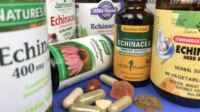
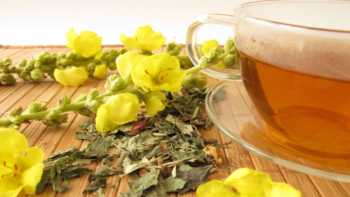

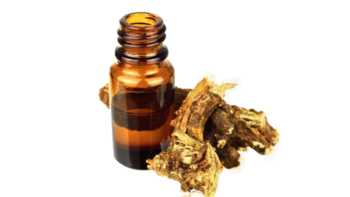

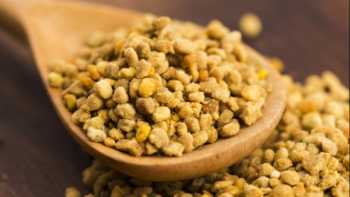
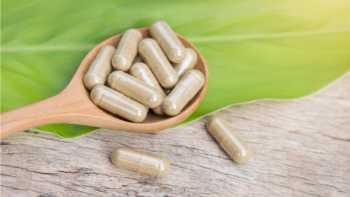
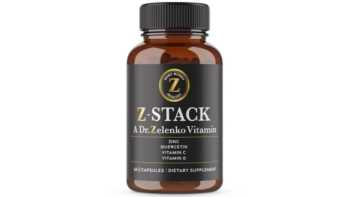
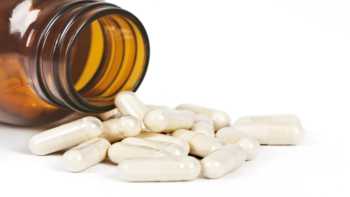
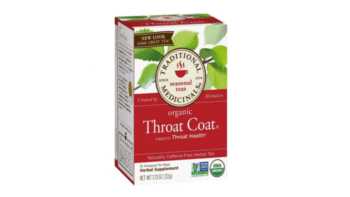
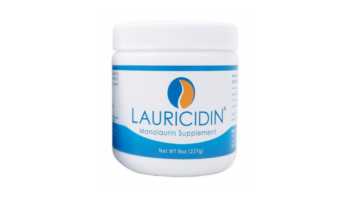


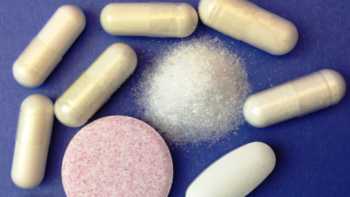
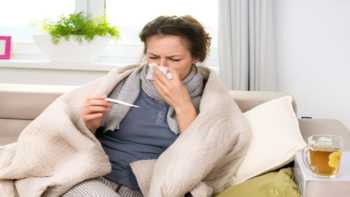
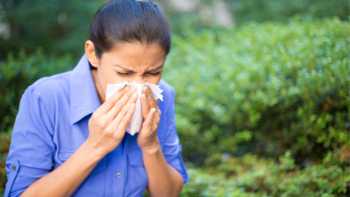






Submit your comment
This feature is restricted to active members.
Join now to add comments and get all member benefits, including over 1,400 reviews.
Join NowAlready a member? Sign in here.